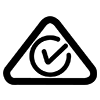Buying safe electrical appliances
All electrical appliances and equipment that may be for household use must comply with the Electrical Equipment Safety System (EESS) before sale in Australia.
Commercial or industrial use only equipment, must still comply with the relevant Australian Standards. This means the equipment must be safe, and fit for purpose when installed. There is no restrictions on the sale of this equipment.
What to look for when buying a new electrical appliance or equipment
In-Scope equipment includes all electrical products that connect to mains power and would normally be used for household or personal use. Extra low voltage equipment such as devices powered by USB are out of scope, but as a USB charger plugs into a socket outlet it is in-scope.
| Equipment level | Examples |
|---|---|
| Level 1 equipment Low risk or of unknown risk. Includes many new innovative products |
|
| Level 2 medium risk equipment |
|
| Level 3 high risk equipment |
|
 Regulatory Compliance Mark (RCM)
Regulatory Compliance Mark (RCM)
EESS compliant electrical appliances must display a regulatory compliance mark (RCM) before being made available for sale.
The responsible supplier can be found on the national database at www.eess.gov.au
For level 2 and level 3 equipment, searching the model number will confirm the product complies with the relevant standards.
It is illegal to sell non-compliant electrical products
Buying electrical equipment online
Be careful when buying electrical equipment online because some of the items for sale on the internet do not meet Australian safety standards.
Example: electrical equipment must be suitable to be used with 230 V and be fitted with an Australian 3 pin plug.
Always ask the seller for evidence that the electrical equipment complies with Australian Standards and is safe to use in Australia. Foreign entities are not able to register as responsible suppliers even though items marked as Australian stock may be being offered by overseas suppliers.
Buying secondhand electrical equipment
If you have purchased or plan to purchase second-hand electrical equipment, make sure:
- the appliance has been approved as safe for use in Australia,
- it is not damaged and
- have it ‘tagged and tested’ by a qualified repairman or a licensed electrician.
Beware of purchasing secondhand electrical items on social media. A so-called bargain could be an expensive and dangerous mistake.
Older approval marks
Under the rules prior to the EESS, approval markings varied between states. Typically they are an alphanumeric code, comprising the first letter of the state that issued the approval followed by between one and six digits.
Two examples of older approval marks

To find out if an appliance is approved for use, ask the store manager / sales person or visit the EESS – Electrical Equipment Safety Scheme website and click on the 'Public Search ' button.
Damaged or ageing electrical equipment
Never use electrical equipment that is damaged or ageing. Throw away old extension cords, power boards or any electrical product with a frayed cord.
Take the time to check the cords at home and throw away any with exposed wires or damage.
This page has been produced and published by the Consumer Building and Occupational Services Division of the Department of Justice. Although every care has been taken in production, no responsibility is accepted for the accuracy, completeness, or relevance to the user's purpose of the information. Those using it for whatever purpose are advised to verify it with the relevant government department, local government body or other source and to obtain any appropriate professional advice. The Crown, its officers, employees and agents do not accept liability however arising, including liability for negligence, for any loss resulting from the use of or reliance upon the information and/or reliance on its availability at any time.

